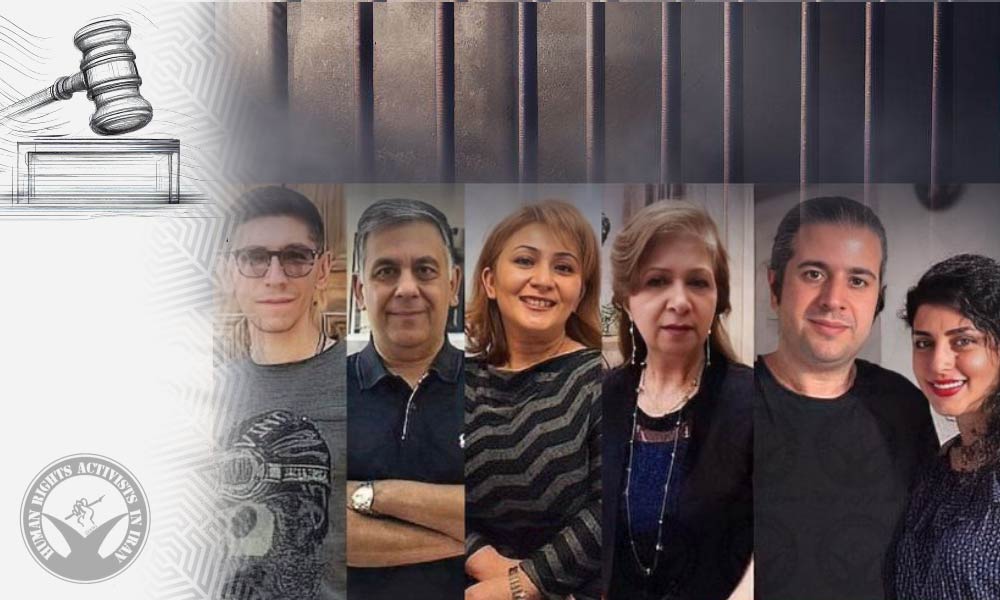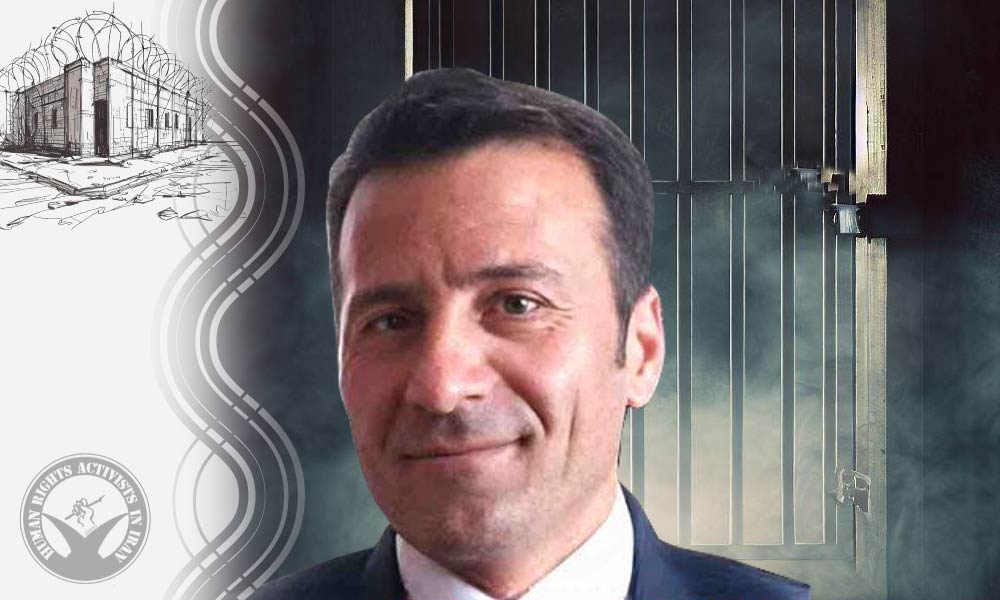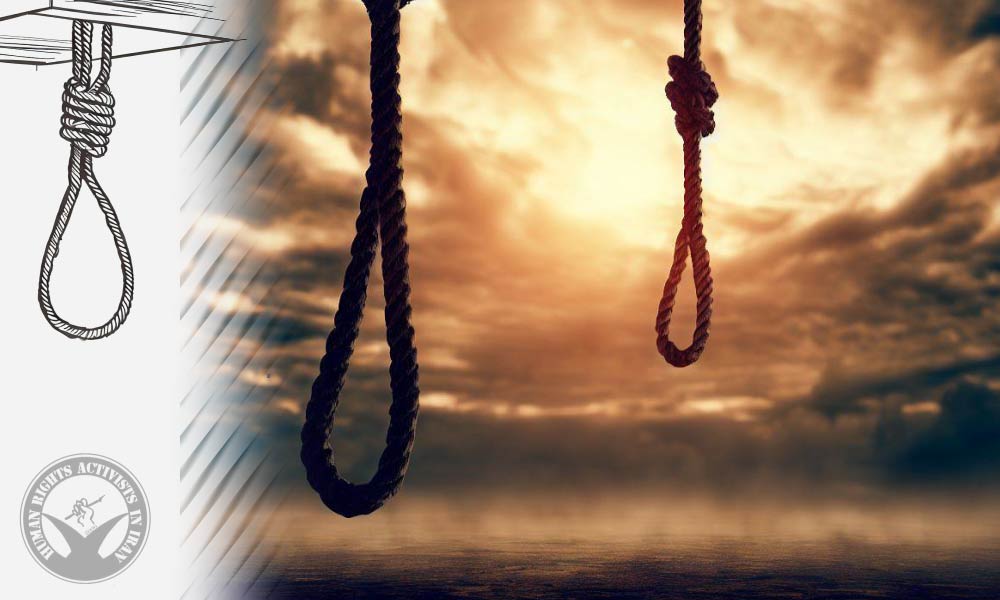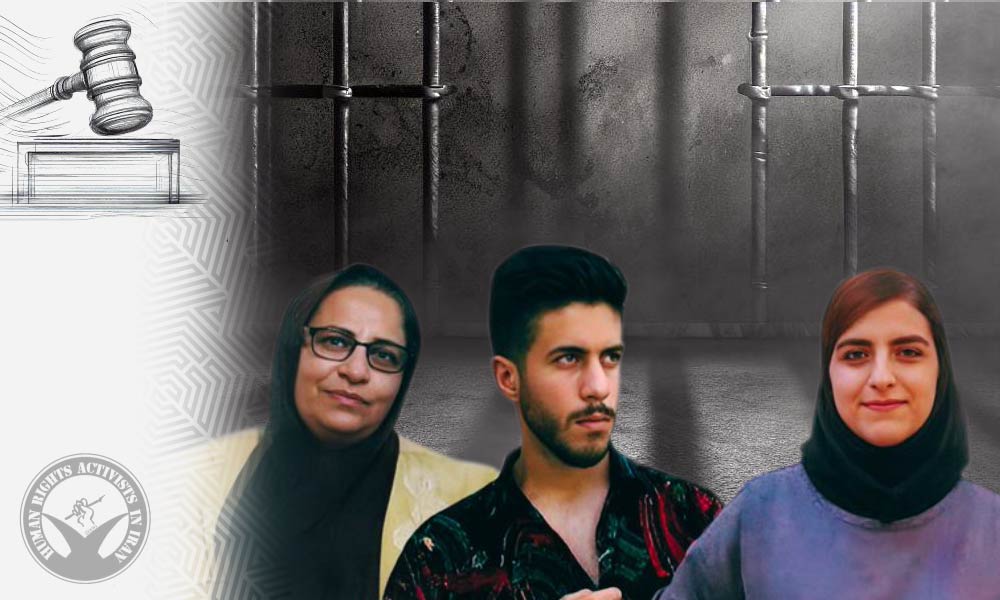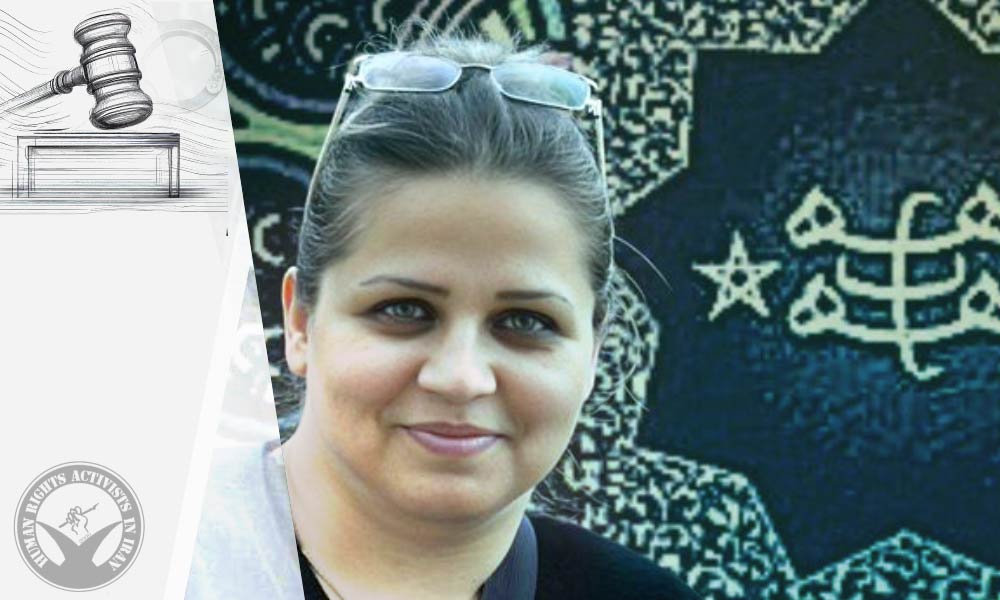Mohammad-Reza Kamrani-Nejad, a resident of Tehran, has recently been indicted on charges of “assembly and collusion against national security,” “propaganda against the regime,” and “forming a group to act against national security.”
According to a source close to his family, two additional charges have been added, leading to an increased bail amount of 3.5 billion tomans (approximately 70,000 dollars).
Kamrani-Nejad was apprehended by security forces on September 4, 2023, and subsequently released on bail in the amount of two billion tomans on November 19, 2023. He was released after providing the bail.
Previously, a source close to Kamrani-Nejad’s family told HRANA that he, along with Mehdi Meskin-Navaz, is facing a new legal case following a complaint lodged by officials from the Great Tehran Penitentiary. The charges include “publishing a video with manipulated audio and visual elements,” specifically referring to a voice file that Kamrani-Nejad had shared regarding his detention in the Great Tehran Penitentiary.





